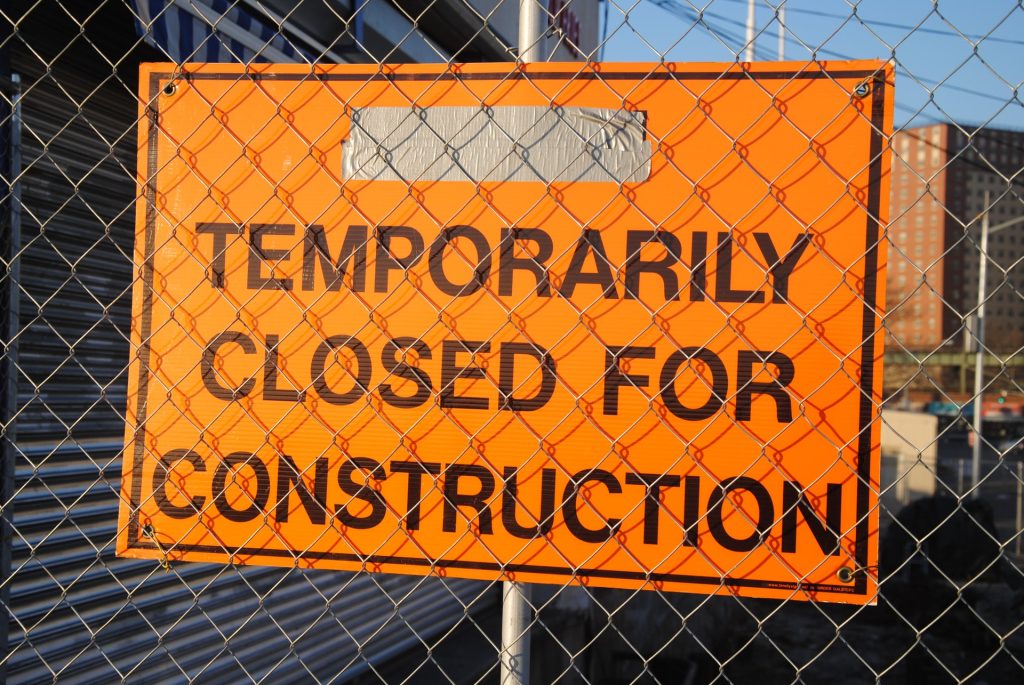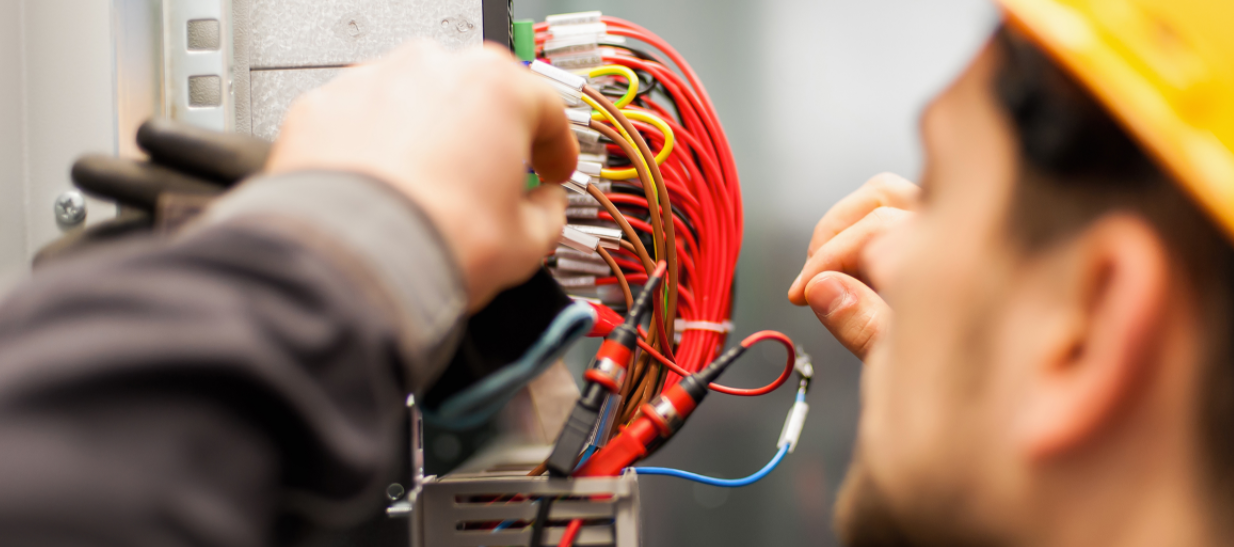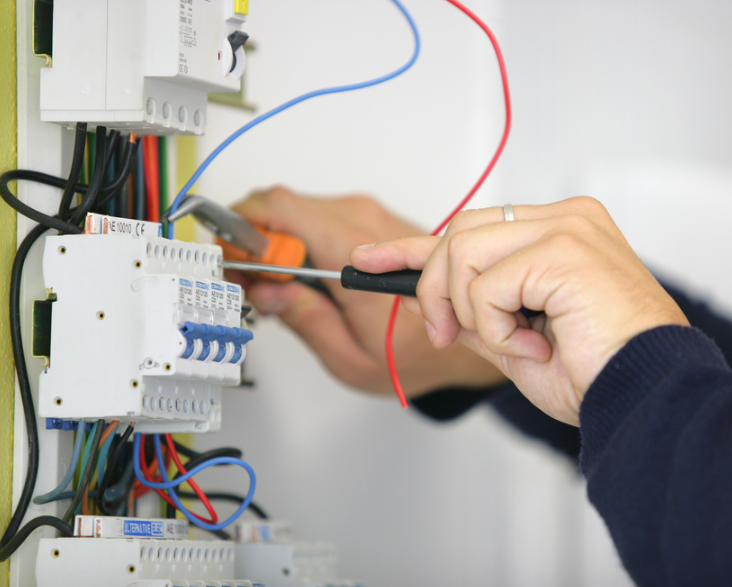How Equipment Hire Can Save You Thousands on Your Next Project
Many construction and renovation projects go over budget because of high equipment costs. Buying new tools and machinery often leads to large upfront payments, high maintenance expenses, and long-term storage issues.
Hiring equipment instead of buying it can reduce these problems. It offers a practical way to cut costs while keeping the work on track. This approach also gives you access to professional-grade machines without the financial commitment of ownership.

Lower Upfront Costs
Buying equipment requires a large investment. Even used machines can be expensive. Hiring allows you to pay only for the time you need the equipment. This reduces your initial spend and helps you use your funds for other parts of the project, such as purchasing essential items from your construction materials list.
You avoid loans or long-term payment plans. This keeps your cash flow healthy and reduces financial risk. If a machine is not needed full-time, renting it makes more sense than owning it.
No Maintenance or Repair Bills
Equipment ownership comes with repair and maintenance costs. Over time, machines wear out and need servicing. These expenses can add up, especially on long-term projects.
Hiring companies take care of maintenance. If something breaks, they fix or replace it. This removes unexpected costs and saves time. It also keeps your team focused on the job rather than machine repairs.
Access to the Right Equipment
Projects often need different types of machines at different stages. Hiring gives you access to the right tools for each task. You can switch machines as needed without buying multiple units.
This flexibility helps increase efficiency. You get modern equipment that meets safety and performance standards. It also helps teams complete jobs faster and with fewer delays.
Save on Storage and Transport
Storing large machines takes space. If your business moves from site to site, moving equipment adds costs and effort. Hiring companies often deliver machines directly to your job site.
You avoid storage fees and the hassle of moving heavy tools. When the job is done, you return the equipment. This helps you stay mobile and reduce long-term storage problems.
Reduce Idle Time
Owned machines often sit unused between projects. This wastes space and ties up money in equipment you are not using. Hiring solves this problem by allowing you to rent only when needed.
This model supports better planning. You schedule equipment based on project timelines and only pay during use. It cuts waste and increases the return on every dollar spent.
Try Before You Buy
If you plan to invest in your own equipment in the future, hiring gives you the chance to test machines first. You can see how well a model performs under real conditions. This reduces the risk of buying the wrong unit.
Trying different models helps you make smart buying decisions. It also gives your team a chance to get familiar with the controls and features of each machine.
Stay Compliant and Safe
Hiring companies keep their machines updated and safe. They often follow industry regulations and inspect tools before delivery. This reduces the chance of on-site accidents or compliance issues.
You avoid fines or work stoppages caused by faulty equipment. This keeps your project on track and improves worker safety.
Conclusion
Hiring equipment is a smart way to reduce costs, avoid maintenance, and stay flexible. It lets you match the right machine to each task without large financial risks. From small renovations to major builds, this approach can help you complete your project faster and for less money.
If your goal is to stay efficient and control costs, consider hiring instead of buying. It’s a simple choice that can save you thousands.















